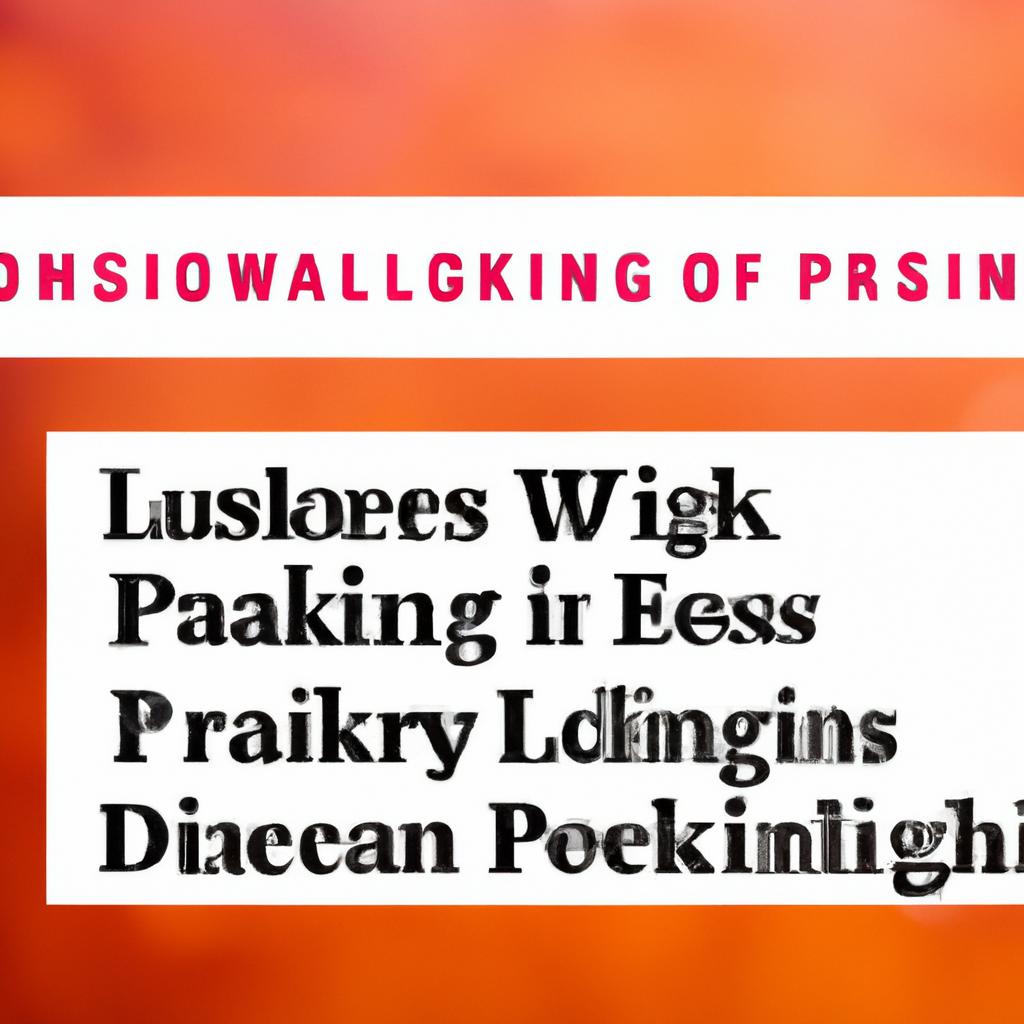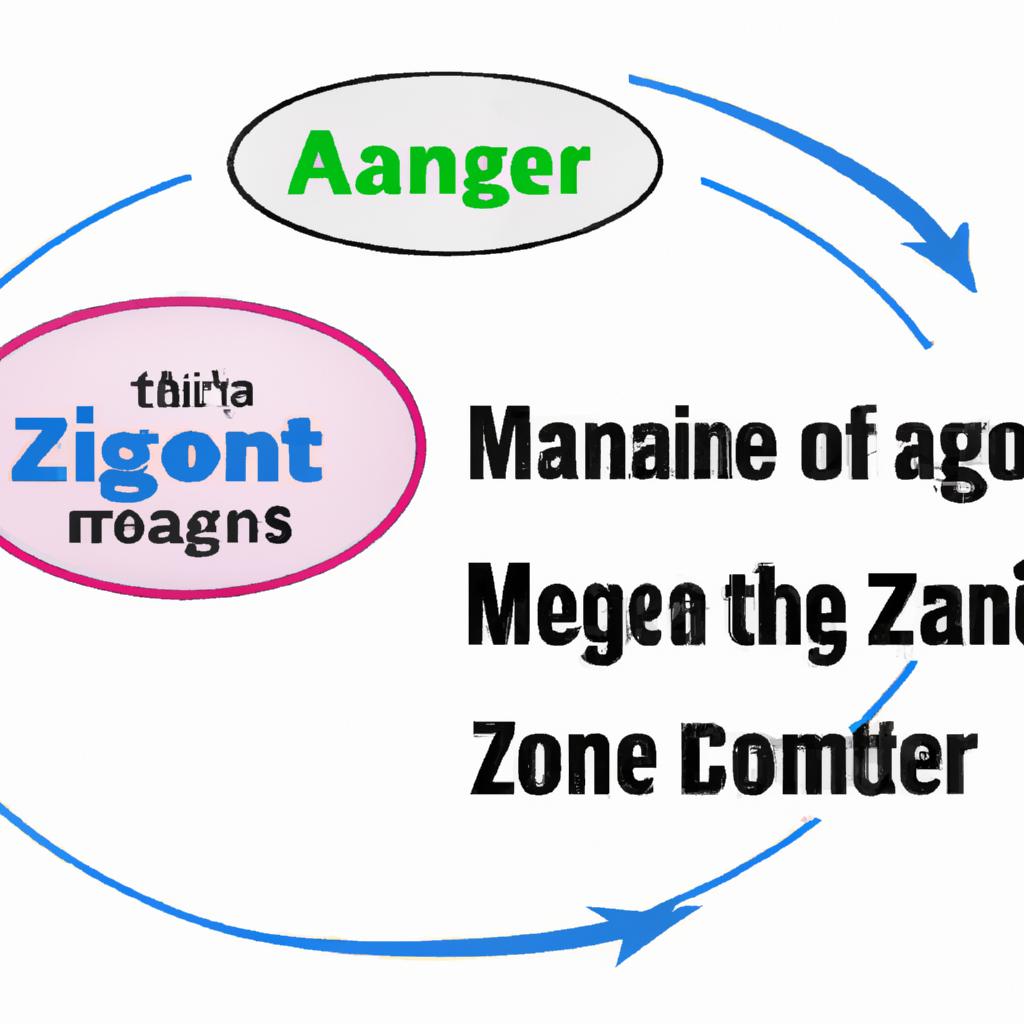In an age where quick fixes and instant results dominate the weight loss conversation, a myriad of methods promises transformation, often cloaked in flashy marketing and captivating testimonials. However, as we navigate this landscape of promises, it becomes increasingly crucial to discern between effective strategies and those that mask their dangers behind a veil of allure. “Beware the Illusion: Weight Loss Methods That Are More Hazardous Than Helpful” aims to unravel the complexities of popular weight loss approaches that, while enticing, may lead individuals down a path of physical and emotional peril. This article seeks to illuminate the risks associated with these deceptive methods, encouraging a more informed, thoughtful journey toward health and well-being. With the right knowledge, we can demystify the illusions, empowering ourselves and others to make choices rooted in safety and sustainability rather than fleeting trends.
Unmasking the Deception: Understanding the Risks of Popular Weight Loss Trends
Within the vast sea of weight loss trends, many promise rapid results while cloaked in the guise of health and wellness. However, this veneer often hides potential risks that can jeopardize not only our physical well-being but also our mental health. Consider the following methods, which, despite their popularity, carry significant concerns:
- Ketogenic Diets: While they can lead to quick weight loss, overly restrictive carb intake may cause nutrient deficiencies and long-term health issues.
- Detox Cleanses: These can disrupt normal bodily functions and lead to dehydration, electrolyte imbalances, and digestive issues.
- Fad Supplements: Often lacking in scientific backing, they can lead to adverse health effects and may not be regulated, posing further risks.
- Extreme Caloric Restriction: Severely cutting calories can slow metabolism and cause muscle loss, counteracting weight loss efforts.
Identifying the discrepancies between effective weight management and misleading trends is crucial. The allure of quick fixes can overshadow the importance of balanced, sustainable practices, underscoring the need for careful consideration and informed choices.

Navigating the Danger Zone: Safer Alternatives for Sustainable Weight Management
In the quest for effective weight management, it’s vital to steer clear of practices that promise quick results but come with hidden dangers. Instead, consider integrating healthier alternatives into your lifestyle that foster both physical and mental well-being. Some safer approaches include:
- Balanced Nutrition: Focus on whole foods rich in nutrients and fiber, such as fruits, vegetables, whole grains, and lean proteins.
- Mindful Eating: Pay attention to hunger cues and savor each bite, which can help reduce overeating.
- Regular Physical Activity: Aim for at least 150 minutes of moderate aerobic exercise weekly combined with strength training twice a week.
- Hydration: Drinking plenty of water not only supports overall health but can also help you feel fuller, reducing unnecessary snacking.
By adopting these sustainable practices, you can reinforce healthier habits while avoiding the pitfalls of risky weight-loss methods that compromise your health.
To Wrap It Up
In the quest for a healthier body, the allure of quick fixes often obscures the path to sustainable well-being. As we’ve explored, several weight loss methods—shrouded in promise but laden with peril—can lead to more harm than good. It is essential to recognize that true wellness is not a sprint, but a journey paved with informed choices and gradual changes.
As you navigate the landscape of weight loss, let this serve as a reminder to seek knowledge over temptation. Embrace practices that nourish your body and mind, and prioritize long-term health over fleeting results. The weight loss industry may be rife with illusions, but awareness and discernment are your best allies. Choose wisely, and may your journey towards health be enlightening and empowering.



